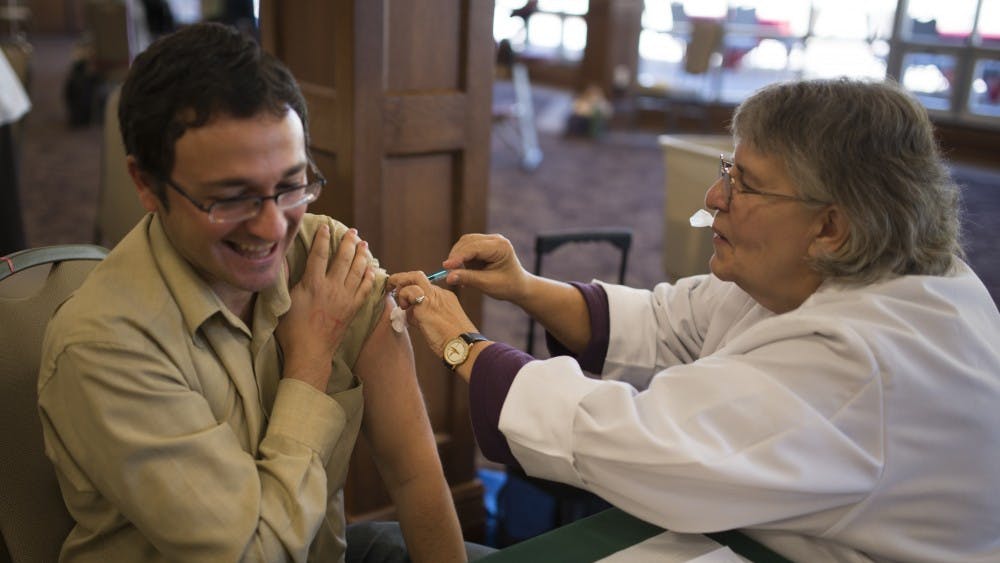QUESTION: I need your help. I am a 23 year old male and I am scared to have sex. About 7 months ago, I had my first sexual experience with a woman who did things to me that were a little too kinky and made me feel uncomfortable. Recently I was about to have sex with a woman, but I was too nervous. In the morning I didn’t feel so nervous, and we messed around a little, but no intercourse. Another time we made out but I felt afraid and backed off. I don’t know if I’m scared because I am uncomfortable with her, or because I have been a virgin so long. Maybe the first experience earlier this year scared me for good. Also, I got off of a major crush and maybe I need time to find someone I am comfortable with. This really bugs me. Sex should be enjoyed by everyone. I get scared to even think about it now. Why should I feel this way? Will I be like this forever? \nANSWER: Thank you for your email. Not all college students (or older adults) have had sex yet. Even among those who have had sex, not all of them found it enjoyable or wanted to be sexual either at all or with that particular partner. It is completely common and normal, at any age, to want sex or to not want sex, or to only want to be sexual with certain people or in certain contexts. Good for you for exploring how you can be sexual in ways that will feel pleasurable to you and your partner.\nRegardless of age or experience, many women and men anticipate or worry about beginning to become sexual with other people. Mainstream media such as movies, television shows, and some articles in men’s and women’s magazines give false impressions and create sex “myths”, often reinforced by friends or family. \nThese include myths that sex with another person happens naturally; sexual chemistry is so strong and perfect that couples can wordlessly communicate their needs to each other; all women are orgasmic during sexual intercourse with a man; men primarily want sex whereas women primarily want love; and men should always be ready for sex, initiate sex, able to have sex (e.g., get an erection) and want to have sex, even with someone they do not care about or with whom they are uncomfortable.\nBelieving these myths results in many unsatisfying and uncomfortable sexual situations. They may feel disappointed or wonder if their partner is right for them when their partner does something they don’t like, or when something they do does not result in pleasure or orgasm for their partner. Women wonder if they are “broken” or abnormal if they don’t orgasm; men worry if they are adequate lovers. In fact, many men struggle with the idea that they should always be ready for sex, even with a partner they don’t like or love. However, some college aged men describe situations in which they cannot get an erection or have pleasurable sex with a woman unless she is their girlfriend, or unless they very much like or love her. \nI am sorry to hear that you had a sexual experience that did not feel comfortable or enjoyable to you and that you feel this may be affecting your current sexual relationships. As you suggested, it may be the case that you, like many other men and women of all ages, are more comfortable taking sex slowly and with partners who you like, love, or with whom you feel very comfortable.\nLearning and practicing good communication about sexual matters may help you to talk with partners about what you do and do not want to occur, or what you want to stop (as with your first partner).\nOne way to practice sexual communication is to begin talking about sexual matters in other contexts, such as discussing sexuality-related current events or popular topics with friends (e.g., your and their beliefs about same sex marriage, the new HPV vaccine, sex education in schools). \nYou can extend this by communicating early on with partners about other forms of sexual expression (e.g., kissing, making out) and asking them if what you are doing feels good, how they would like to be kissed or touched, sharing what you like and describing your preferred sexual pace. It is entirely acceptable and common to say “I’d like to take things slowly” or “I prefer to wait for sex until I’ve been seeing someone for a while, and we both decide we’re ready”. \nPopular books like The Good Vibrations Guide to Sex may be helpful in providing information about sexual behaviors and sexual communication, as might The Guide to Getting It On. If you feel that your anxiety or concerns about sex continue to get in the way, or you would like some additional support in overcoming them, consider meeting with a sex therapist (locate one near you at www.aasect.org) or speak with a counselor on or off campus.
Kinsey Confidential
Get stories like this in your inbox
Subscribe





